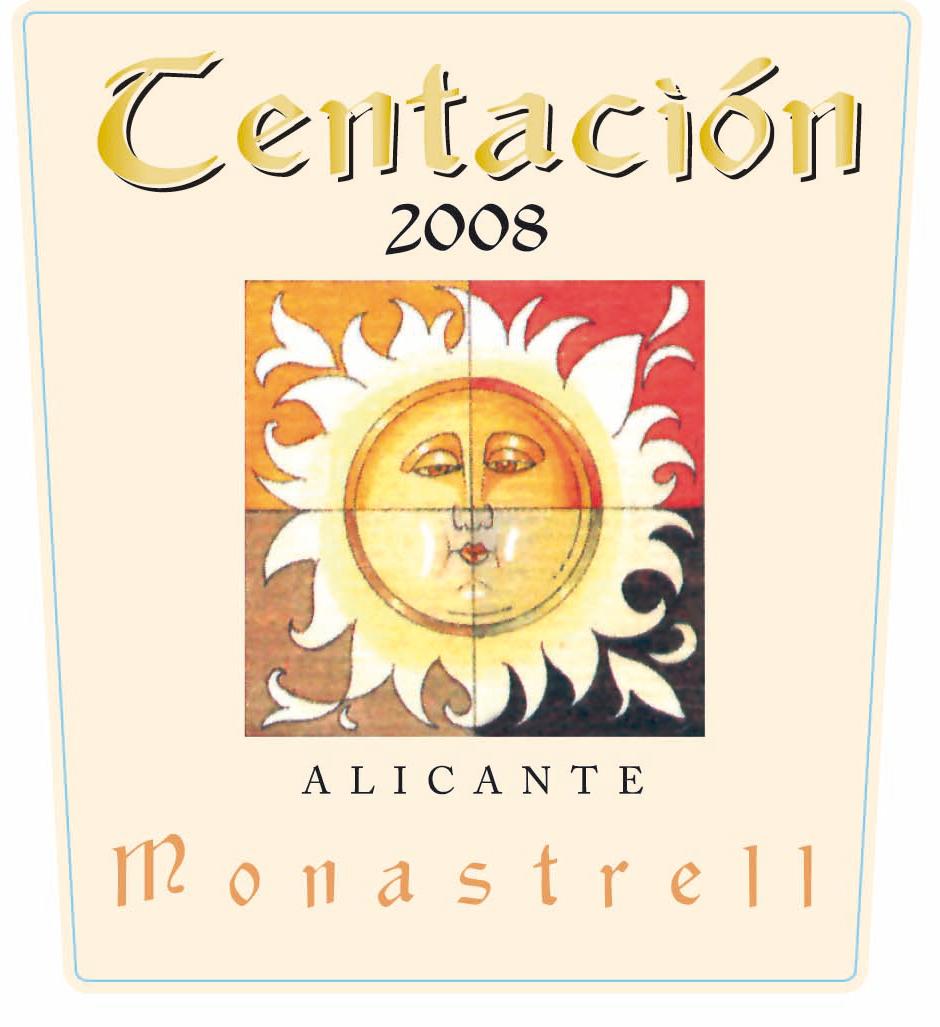2008 Alicante Monastrell
The Tentacion Tentación from the 2008 vintage showcases the robust and intriguing characteristics of Monastrell, hailing from the picturesque Alicante region. This full-bodied red wine offers pronounced fruit intensity, where luscious notes of blackberries and plums intertwine with hints of spice, creating a delightful complexity. Its high acidity adds a refreshing brightness, making each sip invigorating and mouthwatering. With notable tannins that bring structure and depth, this wine has a firm backbone, ensuring an exceptional aging potential. The overall profile leans towards dry, enhancing its food-friendly appeal, making it an excellent companion for an array of savory dishes. A truly captivating expression of Alicante, this wine invites exploration and enjoyment.
The Tentacion Tentación from the 2008 vintage showcases the robust and intriguing characteristics of Monastrell, hailing from the picturesque Alicante region. This full-bodied red wine offers pronounced fruit intensity, where luscious notes of blackberries and plums intertwine with hints of spice, creating a delightful complexity. Its high acidity adds a refreshing brightness, making each sip invigorating and mouthwatering. With notable tannins that bring structure and depth, this wine has a firm backbone, ensuring an exceptional aging potential. The overall profile leans towards dry, enhancing its food-friendly appeal, making it an excellent companion for an array of savory dishes. A truly captivating expression of Alicante, this wine invites exploration and enjoyment.




